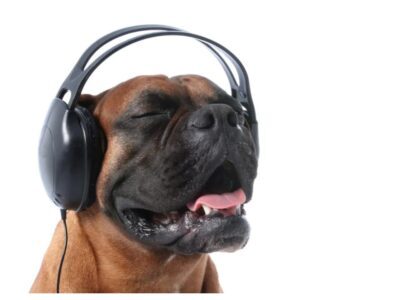So I have had this blog since before I can remember. It has always been focused on thoughts, opinions, and stories from the past. The stories have often been manipulated and enhanced by the magic of my own failing memory. It may be that this is what artificial intelligence is, since failing memory results in artificially created content that your brain fills in for shit that is missing. I know that is the way my mind works anyways.. So in light of all that, I’ve decided to head off today into a little different direction that is more focused on reality and less focused on shit that I make up. So the next few articles will be focused on my musical (mis)adventures. Having been a hack musician since the tender age of about 10, I thought I would start there on my initial introduction to the musical arts.
There’s a piano in the corner of my memories — a battered, miserable upright, so out of tune that calling it an instrument feels generous. It lived in our family home like a piece of oversized junk furniture, a monument to forgotten dreams.
I think it was my sister’s fault, originally. She had, for a moment, entertained the idea of learning piano. My parents, always practical and opportunistic, found one that someone else was desperate to get rid of — maybe from a dump, maybe from a friend whose patience had finally worn thin. Wherever it came from, it arrived as a survivor, and it stayed long after anyone had a reason to keep it.
It would have been easy to ignore, and for the most part, we did. But every now and then, I’d find myself wandering over to it, running my fingers along the broken keys, coaxing random, disjointed sounds from its cracked heart. It wasn’t music. It wasn’t even close. It was the clumsy noise of a ten-year-old boy with no direction but a strange, unexplainable pull toward the keys.
Somewhere along the way, my parents noticed.
Soon after, I found myself attending piano lessons with Mister Marcucci — a small, balding Italian man whose fingers could summon sonatas and fugues like magic. His world was classical, rigid, built from centuries of tradition. Mine, at that time, was made of baseball games, model rockets, and throwing rocks at things just to see what would happen.
We were not a natural match.
I stayed with the lessons longer than anyone probably expected. For a couple of years, I showed up, plodded through scales, struggled with technique, and eventually could bang out the Marine’s Hymn with something that almost resembled competence.
But my heart was always elsewhere.
Still, something profound happened during those lessons — something I couldn’t have named at the time. Mister Marcucci, patient and insistent, taught me the invisible structure beneath the sounds. He introduced me to the idea that music wasn’t just art — it was math.
Scales and intervals, time signatures and rhythm — they fit together like an elegant equation. And math, even then, thrilled me in a way almost nothing else did. Understanding the keyboard, understanding how one note led to another and how chords locked together like puzzle pieces — it felt like decoding a beautiful, secret language.
I didn’t know it then, but that knowledge would become a foundation I’d build on for years to come — not just in music, but in how I saw the world. Pattern. Logic. Creativity wrapped in structure.
Looking back now, it amazes me: a junk piano, an old man, a reluctant boy. All of it could have passed without consequence. But instead, it planted a seed — not flashy, not immediate, but stubborn, deep-rooted, waiting for its time.
Sometimes the most important parts of our lives begin when we aren’t even paying attention.

